Posted on 4/25/2025
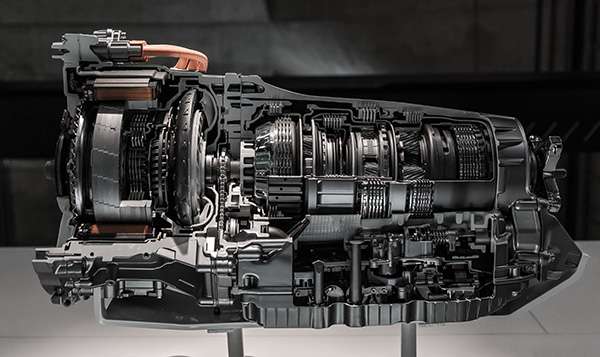
If your transmission starts acting up—jerky shifts, slipping gears, hesitation, or a warning light—it’s natural to worry about the cost and scope of repairs. Many drivers assume the worst right away: that a full replacement is inevitable. But in reality, transmission repair is often a smart, practical option—and it can restore performance without the expense of replacing the entire unit. Whether you’re driving an older vehicle or just hoping to avoid a big bill, here’s what you should know before you jump to replacement. Repair Often Makes SenseNot every transmission issue is catastrophic. In fact, many problems can be traced back to specific components like solenoids, sensors, seals, or the valve body—all of which can be repaired or replaced without overhauling the whole system. Even larger components like clutch packs or ... read more
Posted on 3/28/2025
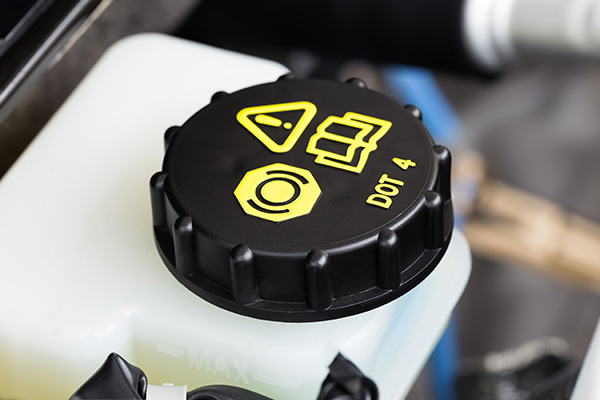
Brake fluid doesn’t get as much attention as engine oil or transmission fluid, but it plays a critical role in your vehicle’s safety. Without it, your brakes wouldn’t work at all. Yet, many drivers go years without changing their brake fluid—sometimes because they don’t know they need to, other times because it’s out of sight and out of mind. So, is replacing brake fluid really necessary, or is it just another way for service shops to upsell you? What Does Brake Fluid Do Brake fluid is what allows you to stop your car with just a press of the pedal. Your braking system operates using hydraulic pressure. When you press the brake pedal, fluid moves through the brake lines, applying pressure to the calipers, which then squeeze the brake pads against the rotors. This friction is what slows your car down. Because brake fluid is incompressible, it ensures a direct and immediate transfer of force from the pedal to the brakes. If the flui ... read more
Posted on 2/28/2025
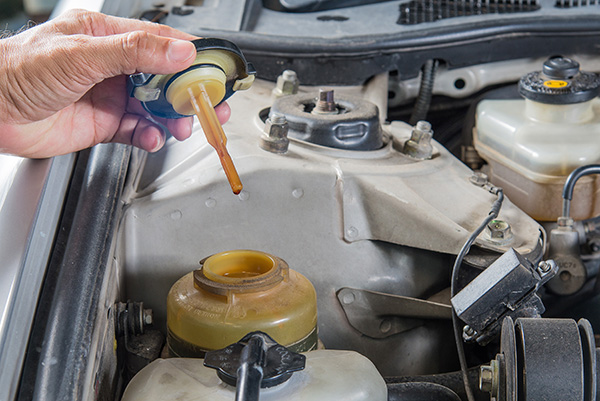
Power steering makes driving effortless, allowing you to turn the wheel with minimal effort. But like any other system in your vehicle, it relies on fluid to function. Over time, power steering fluid becomes dirty, contaminated, or degraded, leading to stiff steering, unusual noises, or even long-term damage to your steering components. Many drivers overlook power steering fluid maintenance until they start experiencing problems, but regular fluid changes can prevent costly repairs and keep your steering system in top condition. Why Power Steering Fluid Needs to Be Changed Power steering fluid serves two main purposes: lubrication and hydraulic pressure. It allows the steering system to function smoothly and efficiently while protecting internal components from wear and heat buildup. Over time, dirt, metal particles, and moisture can contaminate the fluid, reducing its effectiveness. This can cause increased friction, foaming, and overheating, which puts stress on t ... read more
Posted on 1/31/2025
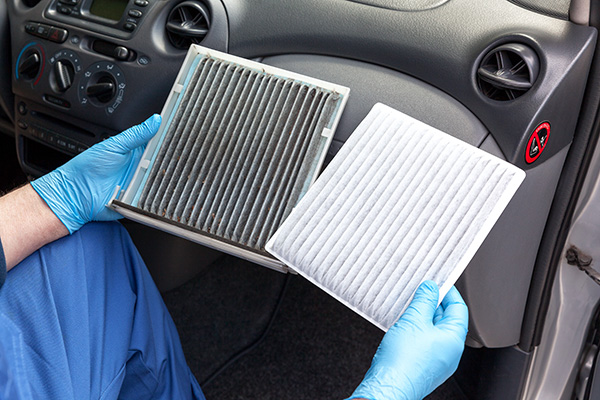
The cabin air filter in your car might not be something you think about often, but it plays a significant role in your driving experience. It ensures the air inside your car remains clean and free of dust, allergens, and harmful pollutants. However, like all components in your vehicle, the cabin air filter has a lifespan and requires replacement to keep functioning effectively. Ignoring it can lead to poor air quality, unpleasant odors, and even strain on your car’s HVAC system. Let’s explore the key signs that indicate your cabin air filter needs attention and why timely replacement is essential. Reduced Airflow from the Vents Have you noticed a weak or inconsistent airflow coming from your car's vents? This is one of the first signs of a clogged cabin air filter. When the filter becomes saturated with dirt, dust, and debris, it restricts the airflow through your ventilation system. This not only affects the comfort level inside your car but also put ... read more
Posted on 12/20/2024
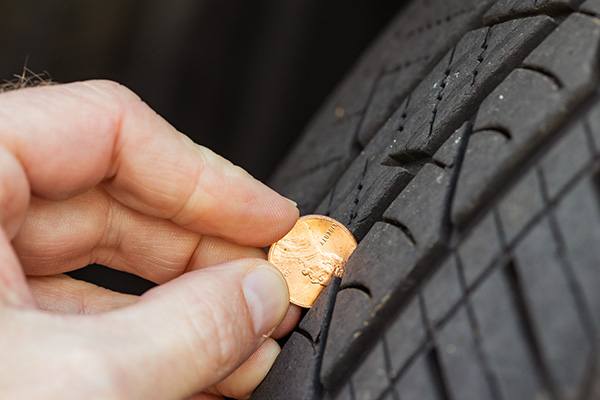
Tires are one of the most important safety features of your vehicle, and ensuring they are in good condition is essential for safe driving. One of the easiest and most effective ways to assess the health of your tires is by checking the tread depth. Tread plays a crucial role in maintaining traction, especially in adverse weather conditions like rain, snow, or ice. If your tire tread is too shallow, it can increase the risk of hydroplaning or reduce your vehicle’s ability to stop in time. While there are professional tools and techniques for measuring tire tread depth, one simple and cost-effective method is the penny test. This easy test can give you a quick and reliable assessment of whether your tires are still safe to drive on. What Is the Penny Test The penny test is a quick way to measure the depth of your tire tread using just a U.S. penny. By checking how far the penny goes into the grooves of your tire, you can get a sense of how much tread is left. T ... read more